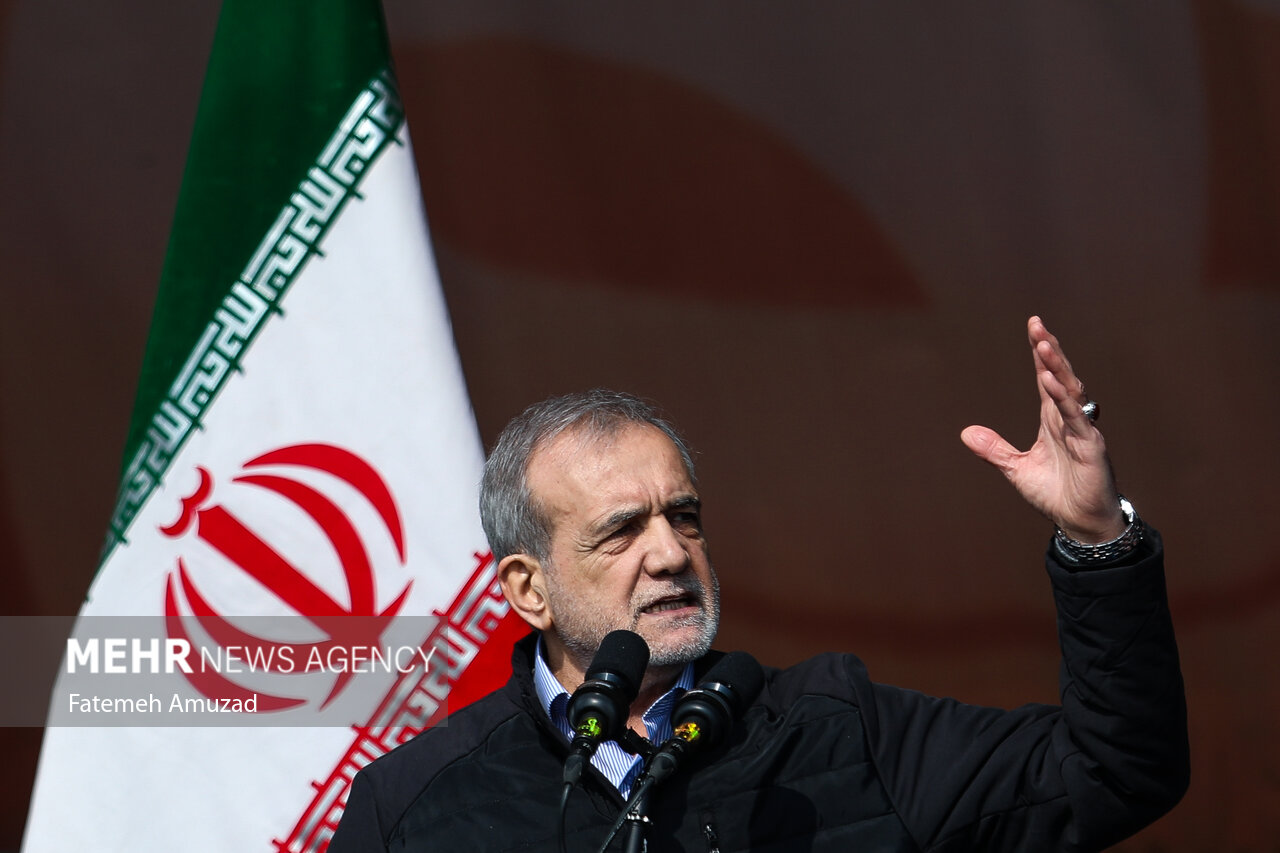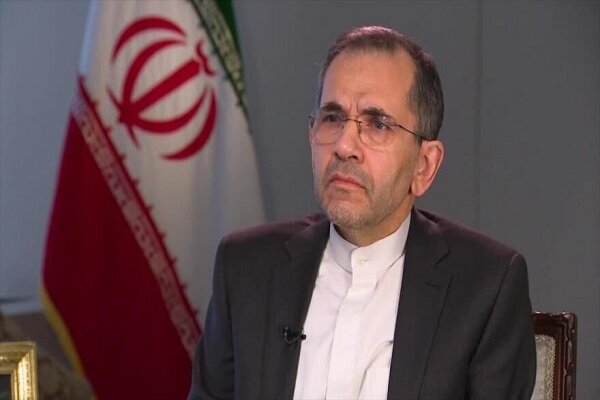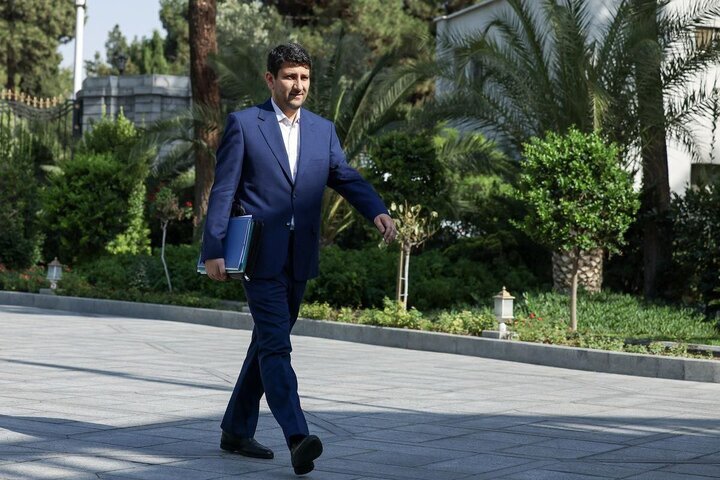Pezeshkian: Advocating Dialogue Without Compromise
In a significant statement regarding diplomatic relations, a prominent political figure, Pezeshkian, expressed his views on the ongoing negotiations with the United States. During a recent visit to the southern Province of Bushehr, he addressed the complexities surrounding talks with the Trump administration.
“He [the US President Donald Trump] offers negotiations, but in the meantime, tries to block all the way and to stop us. If you’re the man of talks, why are you doing this?” Pezeshkian said in his address to a gathering in Bushehr.
Pezeshkian emphasized the importance of sincerity in negotiations, questioning the motives behind the U.S. approach. He highlighted a critical perspective on international dialogue, stating, “I promised during my election campaign that I would go for talks, but I would say now that we want talks but not at any price.”
His remarks underline a crucial aspect of diplomacy: the need for trust and genuine engagement. Pezeshkian’s stance reflects a broader sentiment that while negotiations are essential, they should not come at the cost of national integrity or sovereignty.
Additionally, Pezeshkian stressed the importance of internal resources in overcoming challenges. He noted, “With reliance on domestic resources, the problems could be solved.” This statement underscores a commitment to self-sufficiency and resilience in the face of external pressures.
- Negotiations with the U.S. should be approached with caution and integrity.
- Calls for genuine dialogue rather than negotiations that undermine national interests.
- The emphasis on domestic resources to address national issues reflects a strategic approach.
The dynamics of international relations are complex, and Pezeshkian’s comments shed light on the delicate balance between engagement and resistance. The political landscape is often influenced by external actors, and leaders must navigate these waters carefully.
In conclusion, Pezeshkian’s visit to Bushehr and his subsequent remarks have sparked discussions about the future of negotiations with the U.S. While the desire for dialogue remains, it must be balanced with a firm stance on national interests and the utilization of domestic capabilities. The call for a more thoughtful approach to international relations is timely, as countries worldwide grapple with similar challenges in their diplomatic endeavors.
As global relations evolve, the principles of respect, trust, and self-reliance will continue to play a pivotal role in shaping the outcomes of international negotiations.






